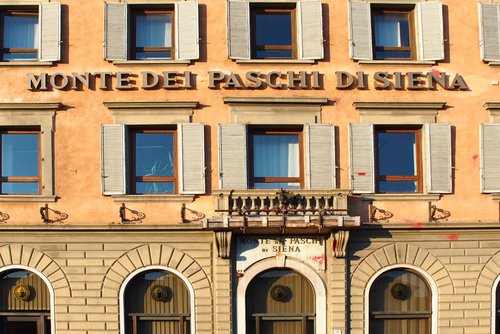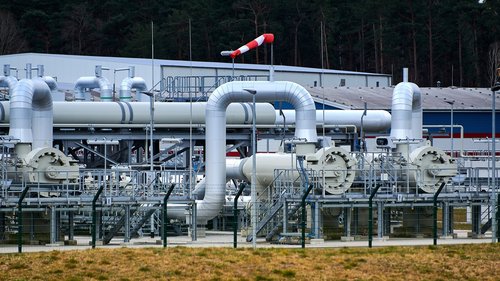Italy's third-largest bank, Banca Monte dei Pasci di Siena, has to get rid of most of its problem loans and has to increase its equity capital by the end of this year. The outcome of the referendum makes the fulfillment of these ECB requirements more difficult. Other Italian banks face similar problems.

Uncertainty may destabilize banks
The Italian citizens’ “no” to the constitutional reforms may jeopardize the stability of Italy’s banking system. The banks burdened by problem loans are urgently dependent on investors' fresh capital. For example, the third-largest Italian bank, Banca Monte dei Pasci di Siena, received an ultimatum from the European Central Bank. By the end of the year, it has to reduce ten billion Euros of bad loans and increase its equity capital by five billion Euros. A solution was already in sight: the problem loans should be transferred to a special purpose company and then sold to investors who are specialized in debt restructuring. In order to raise capital, the bank’s creditors were about to exchange one billion Euro of their bonds into Banca’s shares. The remaining four billion Euros should be collected by issuing stocks before Christmas.
However, after the outcome of the referendum, this solution might be on shaky foundations. The resignation of the reformer Renzi increases the doubts among investors as to whether Italy is still on the path to reform. If the investors expect reforms to slow-down, especially in the area of insolvency law, they will only buy Banca’s shares at very low stock prices. It is then questionable whether Banca can collect the required four billion Euros.
Other Italian banks face similar problems as Banca. Altogether, there are non-performing loans – loans of which the repayment is uncertain – with an outstanding amount of 360 billion Euros in Italian banking system. However, the Italian banks did not engage in risky lending. Rather, the persistent recession has led to the worsening of the credit quality of these loans. In addition, these bad loans cannot be sufficiently reduced because of structural weaknesses in the Italian insolvency law. In Italy, for example, only 64 per cent of a non-performing loan can be recovered through insolvency proceedings. For comparison: in Germany it is 84 percent. Moreover, the procedures in Italy are significantly more time-consuming and more expensive.
Italy's banks are therefore strongly dependent on investors’ capital and a stable political environment. This requires a continuation of the reform agenda. But what is still questionable is which parties are willing to pursue the reform path. Moreover, it is doubtful to what extent it will be clear to the Italian electorate that, by giving their vote, they also decide on the stability of their banks.
More on the topic

The Energy Dependence of Bank Loans
Russia's war against Ukraine has highlighted the vulnerability of the Federal Republic of Germany to Russian energy imports, especially natural gas.
IW
This time is different but still risky: Banking crisis instead of financial crisis
The current crisis of some American and European banks inevitably triggers fears that an international banking crisis could lead to a new financial crisis. But things in 2023 are very different from those in 2007.
IW